The provincial state of emergency triggered by this year’s wildfires is over.
Originally declared July 20, the state of emergency officially ended at 11:59 pm on September 14.
“Cooler seasonal weather and precipitation, combined with the hard work of firefighters from BC, Canada and abroad to contain and extinguish fires, means that BC can allow the state of emergency to end,” stated Emergency Management BC.
While the season was widely described as unprecedented due to the combination of high temperatures, low moisture and large number of communities impacted, the pace had slowed in recent weeks. Three weeks ago, 860,000 hectares had burned; since then, just 8,000 more have been consumed. What could easily have rivaled the record seasons of 2017 and 2018 when more than 1.2 million hectares burned failed to materialize.
But the province cautioned that the season isn’t over. Three evacuation orders remain in place as 205 fires continue to burn in the province.
Many livestock producers are also grappling with a shortage of feed, exacerbated by low yields across the west and high prices for what is available. This has prompted several shipments of hay from coastal regions to the Interior.
Nevertheless, the cooler, damper weather has brought relief to many areas.
Campfire bans have been lifted in most parts of the province and access to water is increasing. On September 8, restrictions on the diversion and use of water in the Bessette Creek watershed east of Vernon were lifted three weeks earlier than expected.

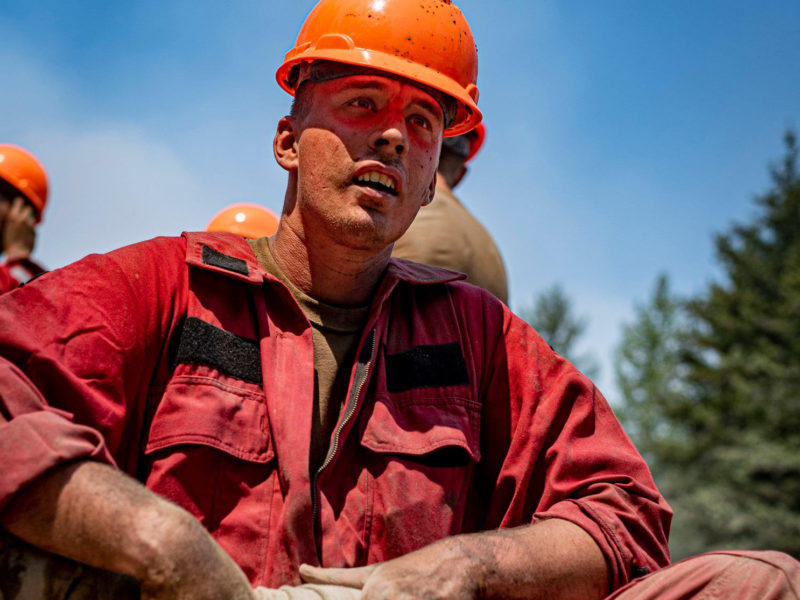
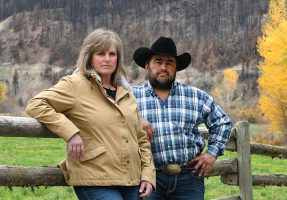
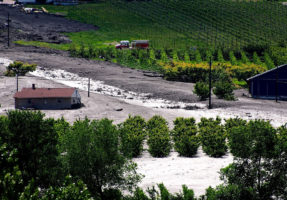
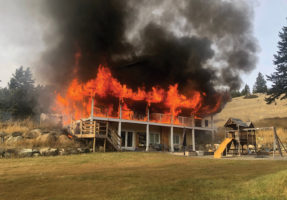
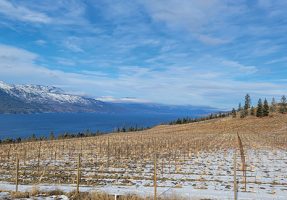
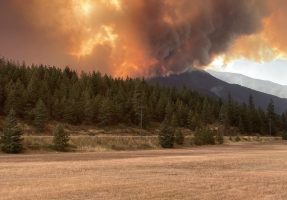
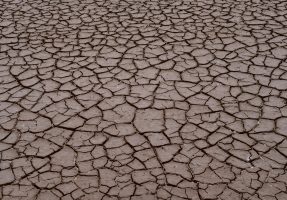
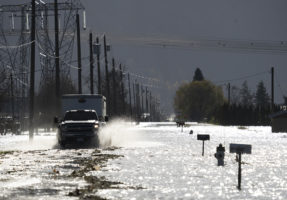
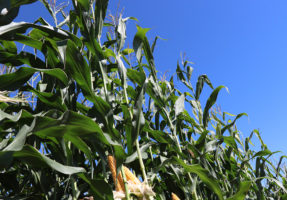

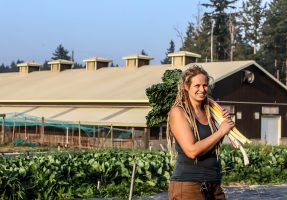
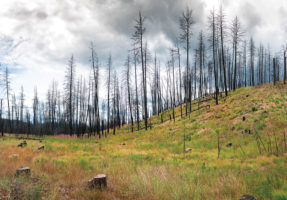
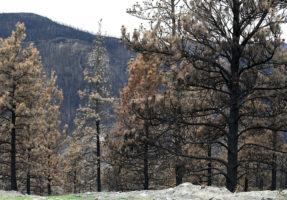
 Feed BC connects producers with opportunities
Feed BC connects producers with opportunities